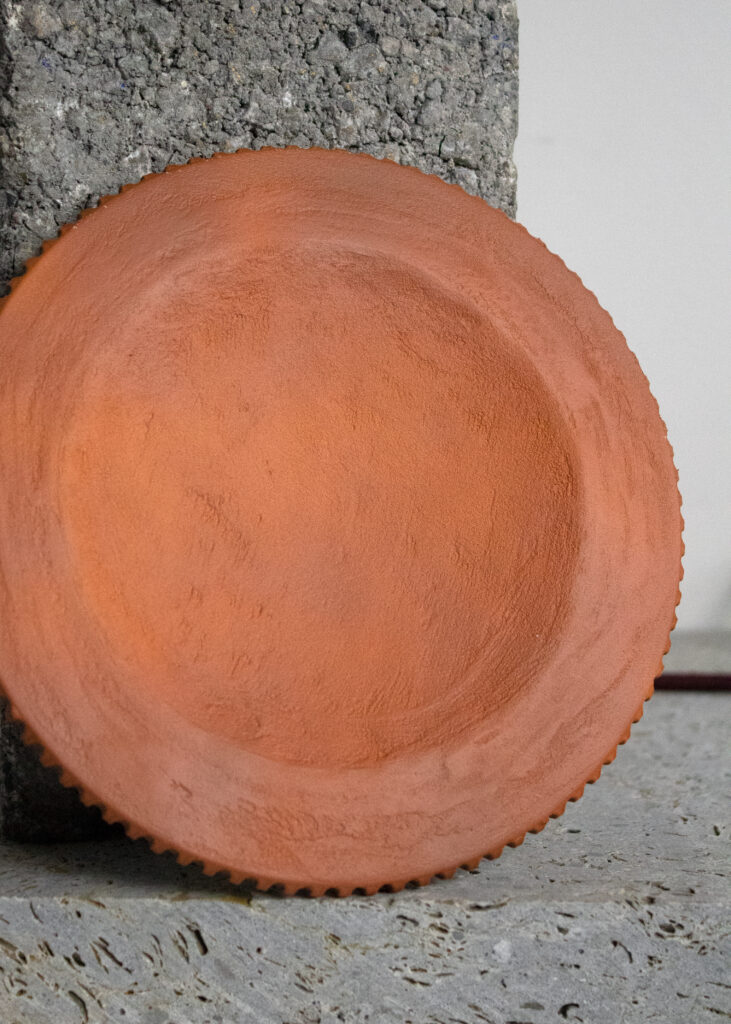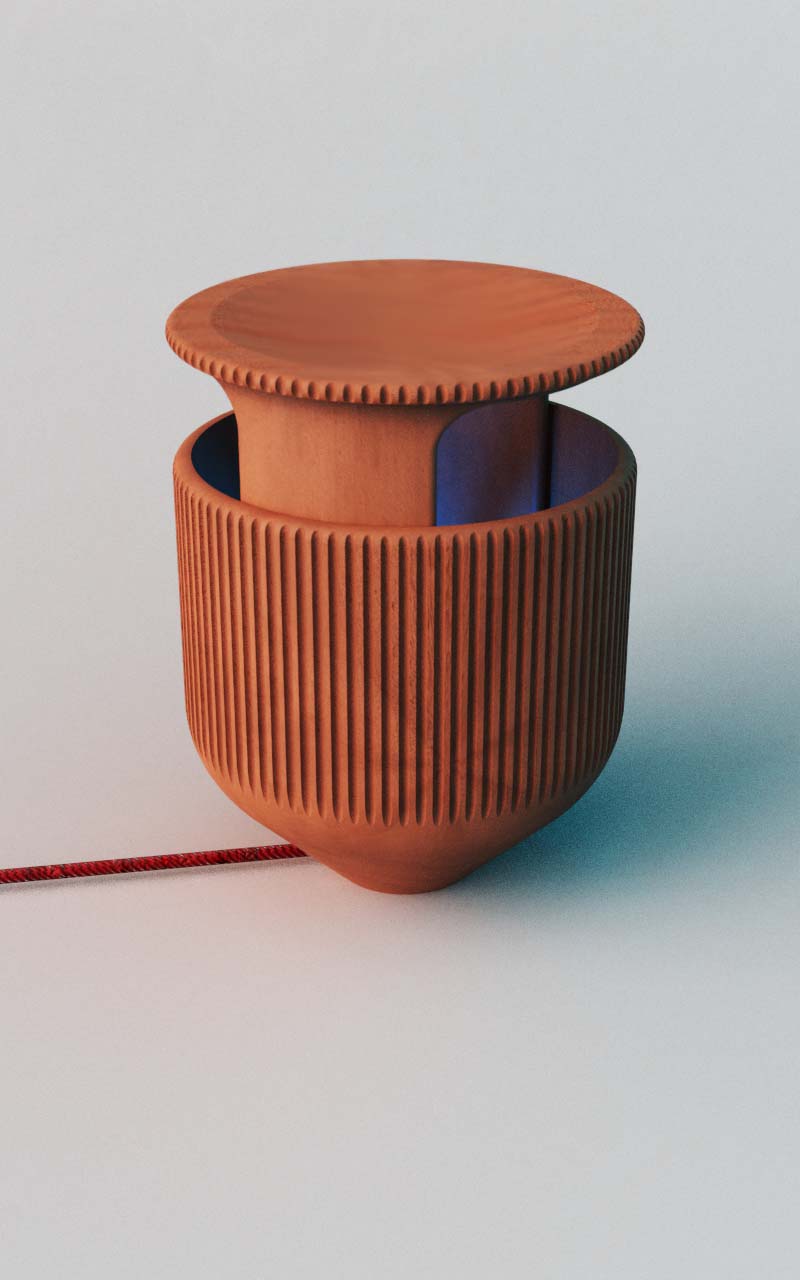ZZERAMICA
An anti-mosquito lamp build for tropical regions
(ongoing project)
Abstract
Due to the climate, objects, which can be used for years in Switzerland if treated properly, break within a short period of time in the tropics. This causes an increase in waste, which most producers probably are not aware of. In many tropical regions, like Puerto Rico (where I’m from too), there is a poor recycling system available. I rebuild a common object by taking the Cradle to Cradle method as a guide: What is the right thing for this place?
Around 750 K people get killed by mosquitos per year. Mosquitos transmit diseases which makes them the deadliest animal on this planet! That’s what lead me to start redesigning an anti-mosquito lamp.

Anti-mosquito lamps are often made of plastic materials that break after a few months and are hard to repair or disassemble. Further, the lamps can not be produced locally which makes us dependent on the US-mainland.
Anti-insect UV lamps should not be used outside. Still, it’s hard to find one whose design fits the interior of a living room.
I’m building an object which can be manufactured, used, disassembled, and disposed of locally. By using terracotta, I refer to the ancient history of Latin America and embrace its tropical climates well-suited material properties.
About my first prototype
Depending on the bulb and accessory you use, zzeramica attracts and kills or just repels mosquitos. The lid of the lamp serves as an essential oil fragrance stone that, combined with an anti-insect bulb, helps to repel insects.

Next steps
- Improve shape for production
- Improve positioning of the insect trap (glue paper)
Killing mosquitos is only one way to protect people from mosquito-transmitted diseases. Mosquitos are not the source of the problem – the pathogens are. Is there a less radical and more efficient way to lower the infection risk?



